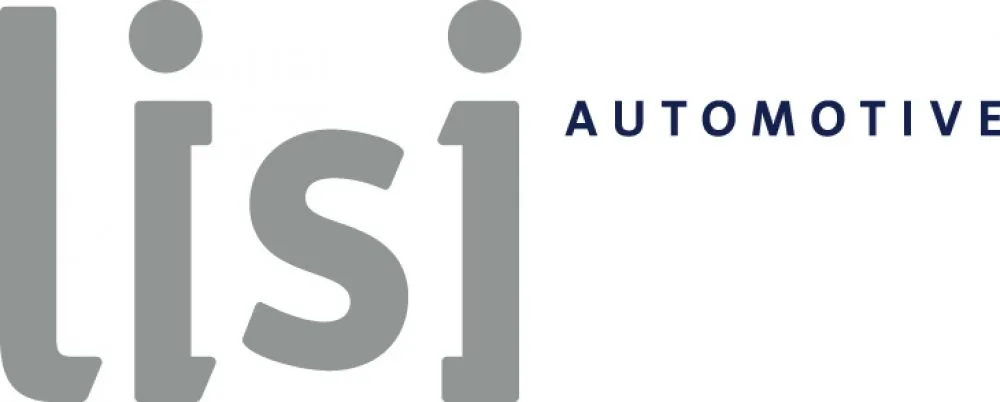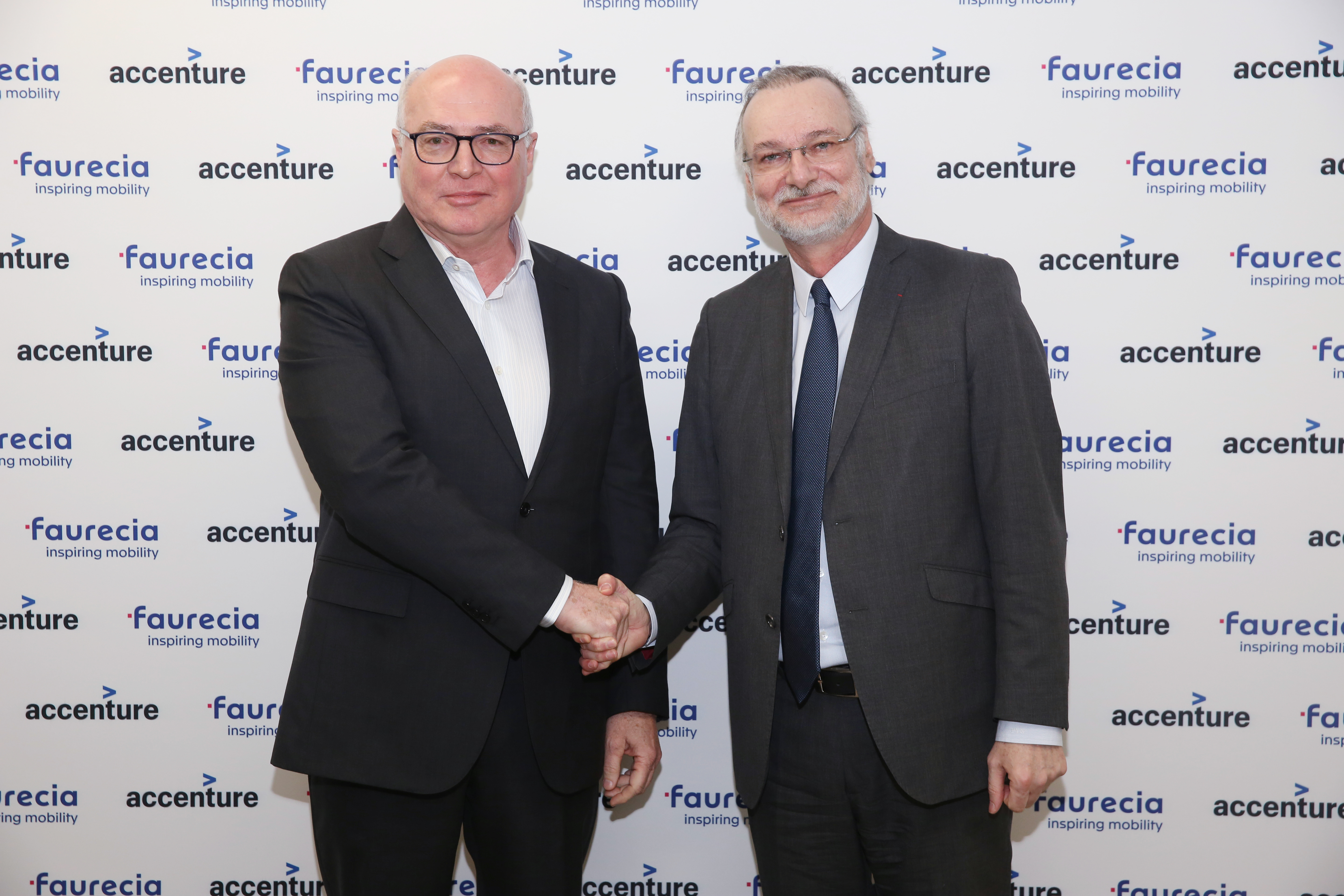
Faurecia and Accenture have chosen to join forces to reinvent onboard experience for connected and autonomous vehicles. Their main objective is to accelerate innovations in mobility services. They will focus initially on two areas: cognitive technologies to reinvent the on-board user experience, and services to enhance health and wellness. Read more about this collaboration in English and in French...
Volkswagen Data:Lab and Telefónica are seeking start-ups to develop new smart city solutions. The two companies have developed a project on smart cities and are looking for small companies with skills in machine learning, data analytics and artificial intelligence. Their aim is to develop new mobility solutions for smart cities. Read more about this project in German, in English or in French...
The Renault-Nissan-Mitsubishi Alliance has launched a venture capital fund to support open innovation. This fund will focus on investments in “new mobility” including electrification, autonomous systems, network connectivity and artificial intelligence. The consortium plans to invest up to $1 billion to support technology research and development over the next five years. Discover more about this consortium in French or in English...
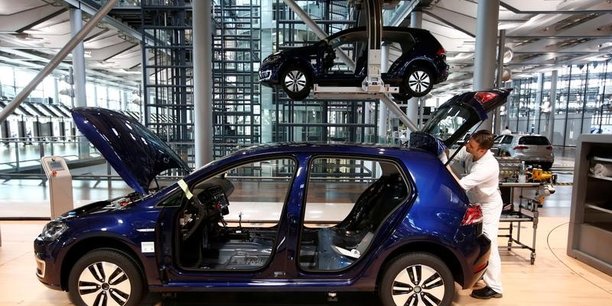
European automotive subcontractors try to do their best to be well positioned for Industry 4.0 and it seems to be successful! For example, the French subcontracors have begun to modify their factories in order to improve the flexibility of their production lines, optimize their supply flows, or reduce the costs of equipment maintenance. Thanks to this, they can be among the most competitive groups in the world. Discover the examples of Faurecia, Valeo, Plastic Omnium and Michelin (in French)...
This is the same for the German-based subcontracor Rehau-Automotive, which is replacing its legacy systems on those areas with Siemens products in all 15 plants around the world. According to Helmut Ansorge, a member of Rehau Automotive's executive board, "This is a major move, dubbed a "lighthouse project" for Rehau Automotive and a unique moment in the company's history". Discover more about this project (in English)...
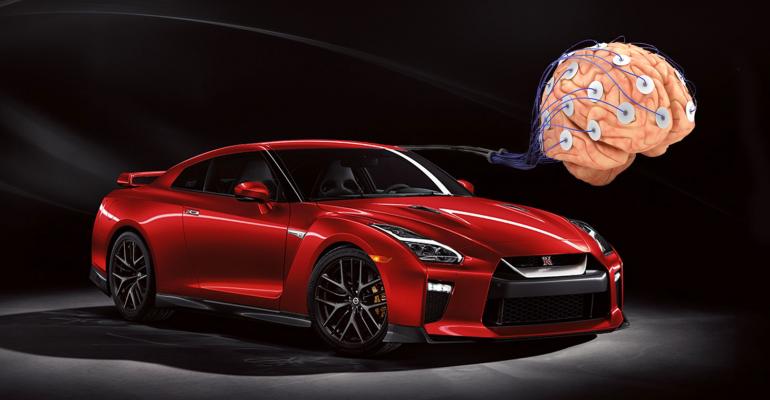
Nissan is working on a ‘brain-to-vehicle’ system. This system will be able to understand and interpret the signals of a drdiver's brain. For example, it will be able to recognize whether a driver is about to brake, swerve, or perform some other evasive move. It could help a car with semi-autonomous capabilities begin those actions between 0.2 and 0.5 seconds faster. Read more about this project that has been presented during the CES 2018 in English or in French...
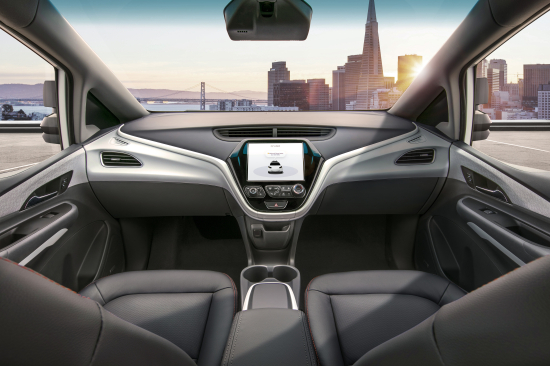
General Motors is developing its fourth generation of autonomous vehicles. These cars, called Cruise AV, will be full of innovations, including for example no steering wheels and no pedals. To replace the missing equipments, the Cruise AV will be equipped with five LiDARs, 16 cameras and 21 radars. These sensors and cameras can all scan both long and short range, with a 360˚ view around the vehicle. Read more about this vehicule of the future in English or in French...
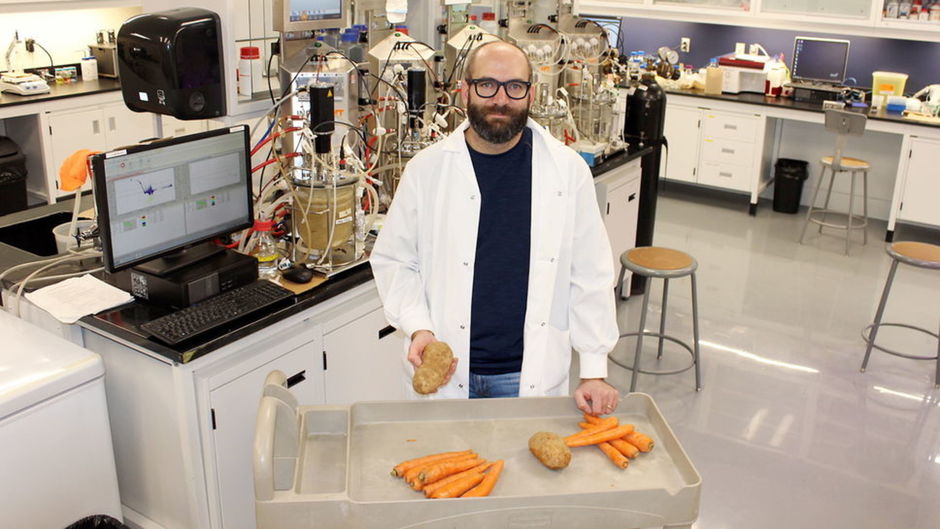
Carrots and potatoes come to the rescue of new cars! One of the projects of Dr. Mathieu Robert is to use vegetables and agricultural waste to develop sustainable and effective materials for new cars.The original raw materials could for example be used for panels, bumpers, dashboards, etc. Discover more about this green project in English or in French...
Carbon fibers will more and more be used in future vehicles, especially to redure their weight. Researchers may soon be able to produce a cost-effective and more environmentally friendly carbon fiber which will be based... on plants instead of petroleum products. Discover more about this project...
The exhibition "CES 2018" was recently held in Las Vegas to present all the next-generation innovations that will be introduced to the marketplace. Discover some of the best cars and technologies that have been presented there,and also Tomorrow’s Electric-Vehicle Dream Cars...
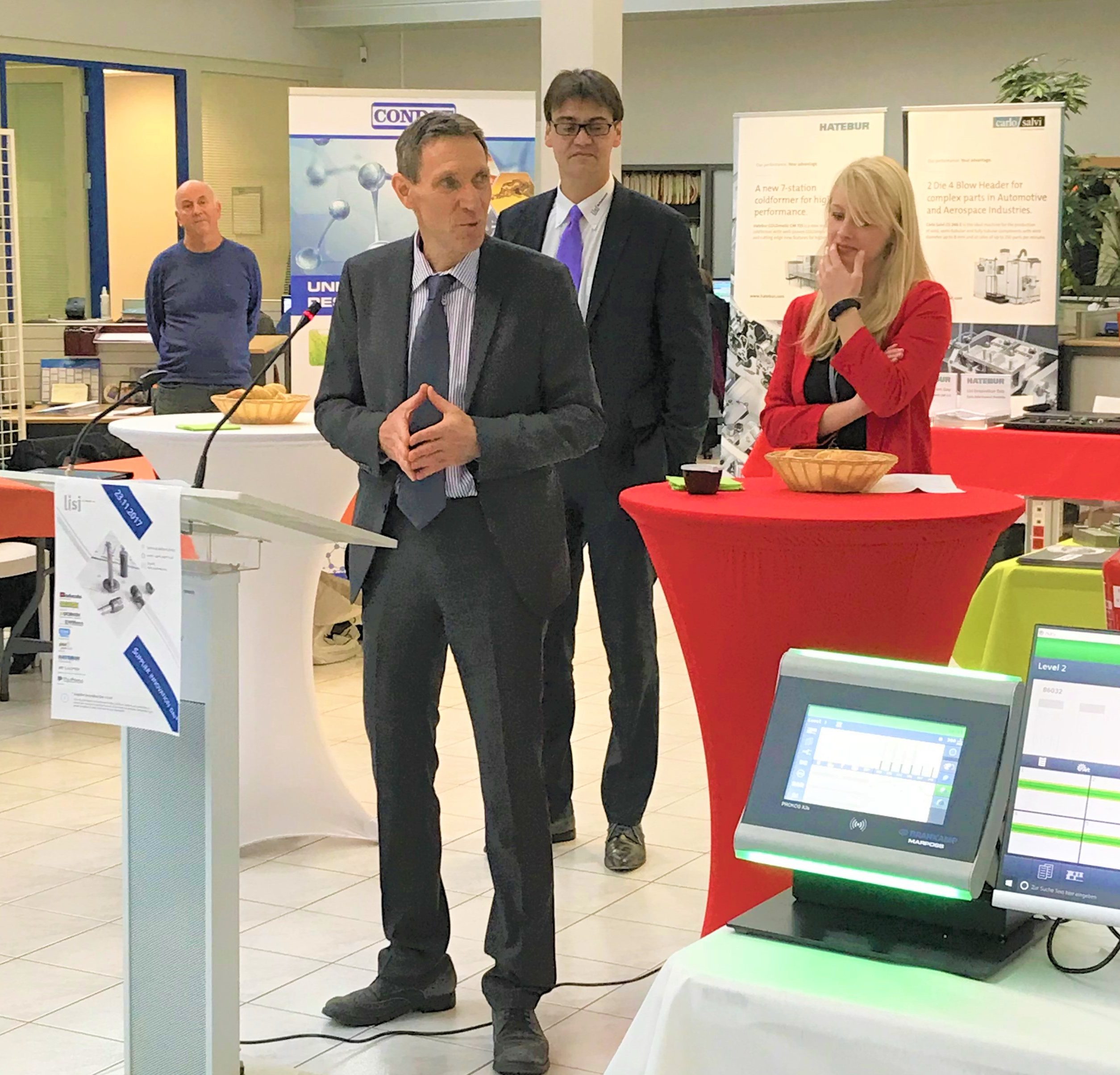
Our first Supplier Innovation Day was organized on November 23rd at Delle HQ. This event embodies the next step of our collaborative innovation approach. Some of our main suppliers chose to help us develop this initiative and to enhance our exchanges. The companies Bodycote, Condat, Dörken, EWMenn, Gerbo, Global Steel Wire, Hatebur, Lazpiur and Polyprofils were in Delle to present around ten conferences sharing their latest products and innovations. Discover more about this day, and also some photos...
LISI Automotive BGCS has developed new products for two high performance cars. Our products have allowed the cars to reduce their weight of his car by using plastic instead of steel. The weight saving achieved is 150gr and has permit to pass trough the acoustic resonance test with success compared to the steel version. Congratulations to our teams of Puiseux and Heidelberg for this great project!
In LISI Automotive, the cooling down of hot forged parts is not controlled after forging. Then, the well-known quenching / tempering process is necessary to achieve the right mechanical properties (hardness and proof load level for a nut for example). Since recently, Kierspe, Vörhenbach, and the Research Department in Grandvillars are working together in order to control the cooling of the parts just after hot forging in order to avoid the quenching / tempering process and hence to save both, energy and money (around 300€/t). First results show that the use of C60 steel grade heated at 1200°C and cooled down to 400°C in 450s lead to a homogenious formation with as good mechanical properties as conventional produced class 10 nuts. As nuts metallurgy, described in the ISO 898-2 document, only allows parts with a quenched and tempered martensitic structure, LISI Automotive is currently working in the ISO 898-2 group in order to propose the controlled cooling as an alternative to quenched and tempered for parts obtained by hot forging.
 Favoris
Favoris
